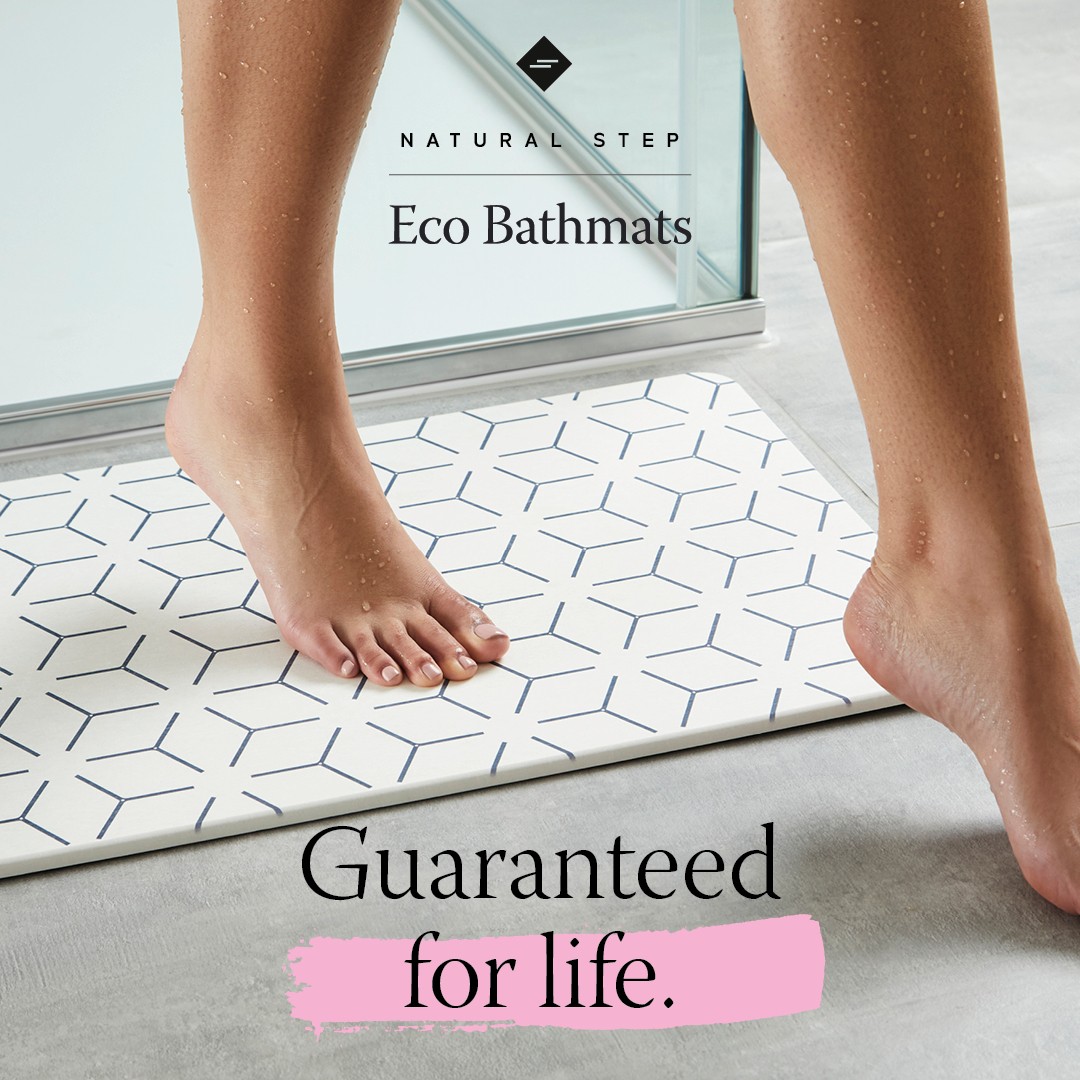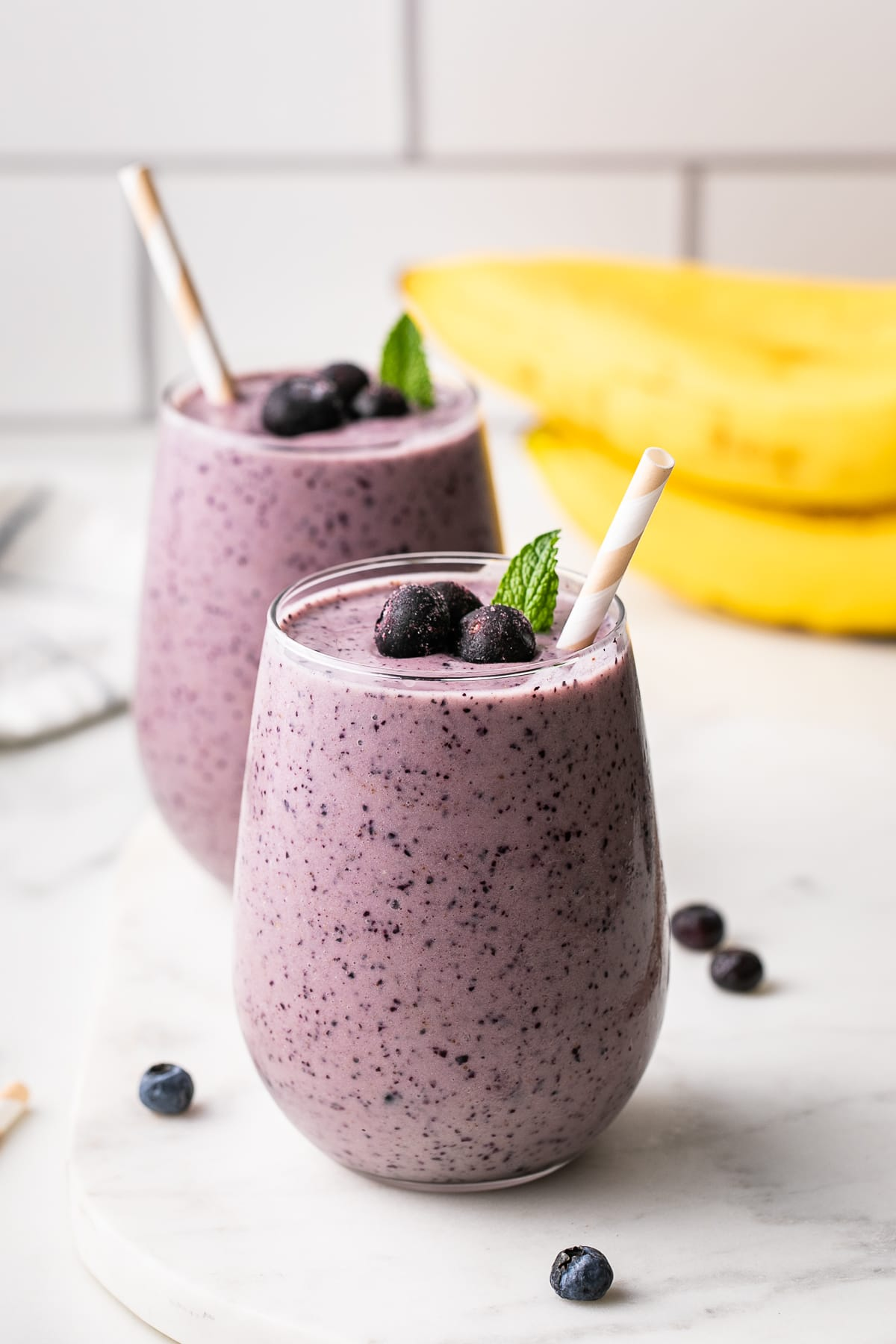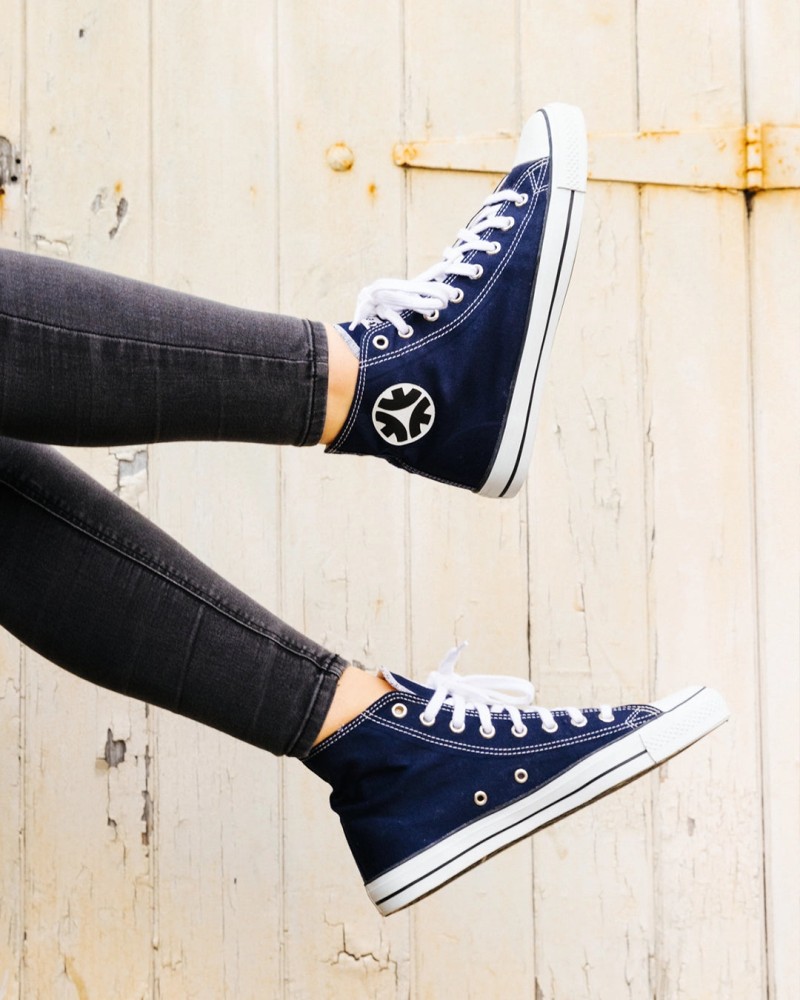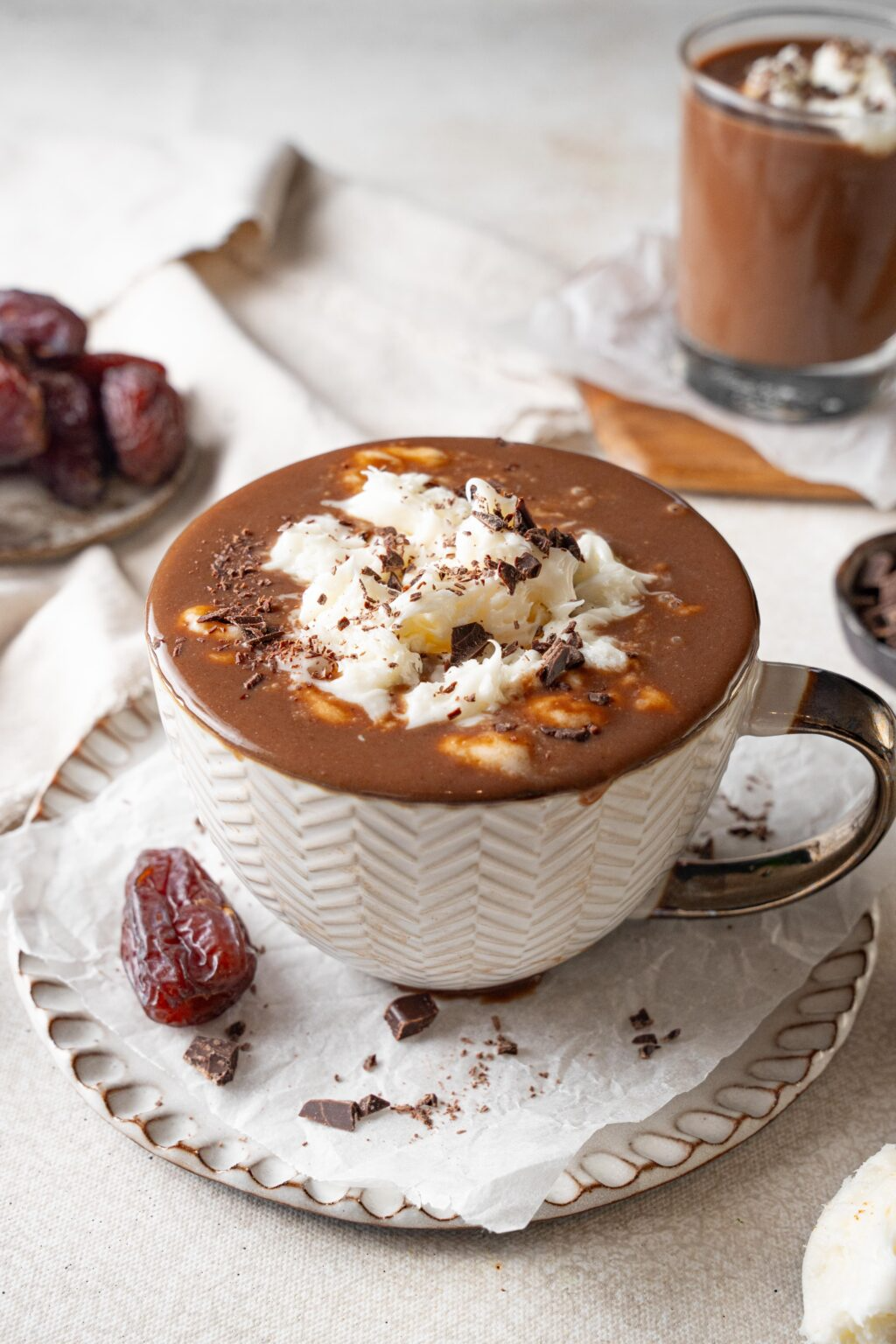The Many Benefits of a Warm, Relaxing Bath

After a busy day, it’s easy to carry tension like a rucksack you forgot to take off. Shoulders creep up, your jaw tightens, and your mind keeps replaying everything. A warm relaxing bath is one of the simplest ways to press pause, even if you only have 20 minutes.
By “warm”, think comfortably warm, not hot. For most people, that’s around 37 to 40°C, the sort of heat that feels soothing rather than sharp. Done safely, a bath can help loosen tight muscles, settle a restless mood, and make bedtime feel less like a battle. It can also soften skin and turn basic washing into a small act of care.
Bath safety and who should be extra careful
Most bath problems come from heat, time, or standing up too quickly. Test the water before you get in, and stand up slowly when you get out. A non-slip mat helps, and so does keeping the floor dry. Limit baths to 15 to 25 minutes, and stop sooner if you feel faint. Drink water, especially if the room is warm.
Avoid very hot baths for heart/blood pressure conditions and pregnancy/nursing), avoid slippery oils and stand up slowly. Also avoid pet-toxic plants in bathrooms (also read giving dogs baths). Avoid facing plants to outdoor gardens, to help stop birds flying into windows).
Use unscented biodegradable bath products for pregnancy/nursing and if you use bath water diverters (that go out the window to water the garden – even sea salt could harm plants and pets/wildlife/birds if drinking water beneath).
Safety for Baby Baths
NHS has a 2-minute video by a midwife (never leave babies alone, and avoid seats that can quickly detach). Run cold water first (test adding hot water with your wrist or elbow). Keep your baby’s head clear of the water, and don’t bathe straight after feeds (or if baby is hungry or tired). Avoid baby oils and talcum powder (don’t use cotton buds to clean ears, the cause of most infections).
How a warm bath helps you unwind
When you sink into warm water, your body gets two kinds of support at once: heat and weightlessness. Heat encourages muscles to let go of that clenched feeling. Meanwhile, the water holds you up, so joints and tired feet get a break.
Most people notice the shift after 10 to 20 minutes. Breathing often slows without you trying. Your shoulders drop. That “wired” feeling starts to fade. A bath won’t fix an injury or cure pain, but it can support everyday wellbeing, especially when stress and stiffness pile up together.
Aim for water that feels cosy, not scalding (about 37 to 40°C). If you don’t have a thermometer, use your wrist or elbow to test, as they’re more sensitive than hands. Keep a glass of water nearby too, because warm baths can make you sweat a little and you might not notice.
If your skin goes pink fast or you feel light-headed, the water is too hot.
Eases sore muscles and stiff joints
Warmth increases blood flow near the skin and in the muscles underneath. As a result, many people feel less tight through the neck, shoulders, lower back, and calves. That matters after desk work, where you’ve been still for hours, but it’s just as helpful after gardening, DIY, or a long walk.
Try simple movements while you soak. Roll your shoulders slowly, flex your ankles, or turn your head gently side to side. Keep it light. The goal is to encourage ease, not to stretch hard.
Epsom salts (named after the Surrey town) contain magnesium, so can soothe tired joints and muscles, especially after workouts. A cup in the tub is enough, even a short soak can refresh tired legs. These are preferable to dead sea salts (from a sea that is literally dying). Despite the name, it supports 500 million birds (300 species) who rest during migration and many plants, fish, leopards and ibex.
Do not use Epsom salts on broken skin. Avoid for diabetes, kidney disease, eating disorders or low-magnesium diets. Stop if you notice skin irritation, itching, or dizziness.
The mental health and sleep benefits
A bath isn’t only about muscles. It’s also a change of pace. The bathroom is one of the few places where you can shut a door and be unreachable for a while, without needing an excuse.
Warm water often feels comforting because it narrows your focus. Instead of thinking about tomorrow’s list, you notice the sound of running water, the warmth on your skin, and your breathing. That shift can take the edge off stress, even when life doesn’t slow down.
Sleep is another area where people often notice a difference. A warm bath in the evening can set up better rest, not through magic, but through routine and the way your body manages temperature. You warm up in the bath, then you cool down afterwards, and that cooling can nudge your body towards sleep.
Signals ‘safe and calm’ to your nervous system
Stress tends to speed everything up. Thoughts race, breathing shortens, and your body stays on alert. A warm bath can gently encourage the opposite, especially if you treat it as quiet time rather than phone time.
Keep the room calm if you can. Softer lighting helps. A clean towel ready means you won’t rush afterwards. Even two minutes of slower breathing can change how you feel.
Try this easy rhythm while you soak: inhale through your nose for 4, then exhale slowly for 6. Repeat a few times, and let your shoulders sink down. If your mind wanders (it will), just return to counting. Also, leaving your phone outside the bathroom helps more than most people expect.
A bedtime bath can help you fall asleep
Timing matters. Many people find a bath works best about 60 to 90 minutes before bed. That gives you time to cool down after you get out, which supports the body’s natural sleep signals.
Build a short routine around it, so the bath becomes a cue that the day is ending. Dim the lights, keep noise low, and put fresh sleepwear within reach. After the bath, dry off well, especially between toes, then have a warm drink if it suits you (caffeine-free).
Avoid very hot baths at night. Too much heat can feel stimulating, and it can leave some people dizzy or restless. If you step out and your heart is pounding, scale the temperature back next time.
Dip & Doze (organic cotton towel bales)

Instead of scratchy polyester towels, invest in a bale of Dip & Doze organic cotton towels, in natural colours to blend with any bathroom design. These can also safely be laundered, without leaching microplastics from the machine. Avoid fabric conditioners, as they reduce absorbency.
Organic cotton is not just good for the planet, wildlife and farmers, but as the fibres are not treated with chemicals, they tend to last longer too. To reduce bacteria build-up, hang up after use, and wash hand after every couple of uses.
If using old towels to transport creatures to wildlife rescue shelters, remove the tassels (they could tangle in paws and claws).
Stone Bath Mats (guaranteed for life)

Natural Step Bath Mats are a step up from soggy fabric bath mats, which become mouldy from constant use. And as around half of all people in England don’t put the loo seat down after flushing, all that airborne bacteria ends up on bath mats! These bath mats are bit more pricey, but designed to last for life.
They absorb 5 times their weight in water, yet still feel dry to the touch, as water quickly evaporates. The mats dry in seconds, and also grip the floor to avoid slippery surfaces. To clean, wash with mild soap and water weekly, then rinse and air-dry. You can brush off dust or hair with a soft broom.
I am a complete convert, who will never go back to fabric mats. Less water everywhere after my shower, and stay in position much better than my old mat, which I sometimes slipped on.
Reborn: Recycled Bathroom Accessories

Reborn is a Wiltshire company, which makes quality bathroom accessories from reclaimed plastic waste, to help reduce virgin plastic from Asia. Designed to last years, the items are in mostly stone, grey or black, to blend with any bathroom design. The range includes:
- A soap dish to help palm-oil-free vegan soaps drain quickly. It’s easy to clean, thanks to the smooth surface. Plus a liquid soap dispenser (with a wide stable base).
- A bathroom caddy (raised surfaces allow air-flow and prevent mould).
- Holders for dental items (never use xylitol brands near pets).
We don’t recommend the toilet brush, as recycled plastic could leach into the sea. Use a cloth or LuBeka toilet brush alternative.
To get virgin plastic bathroom waste items out of your town forever, have your community order a TerraCycle Bathroom Waste Box (everyone can pool a few pounds to pay). Then when full, it’s sent off using the prepaid label, and everything is made into piping or garden benches.






